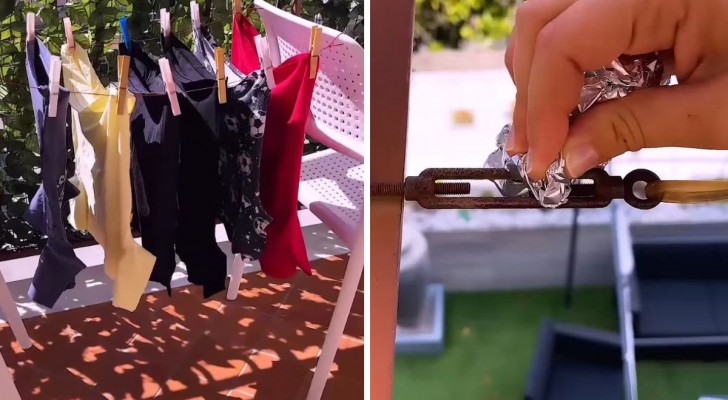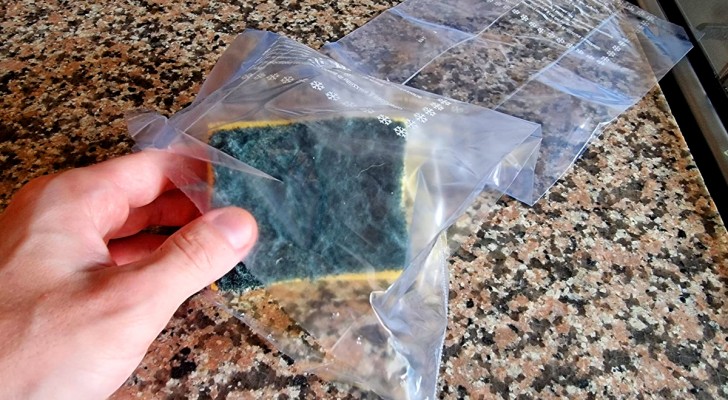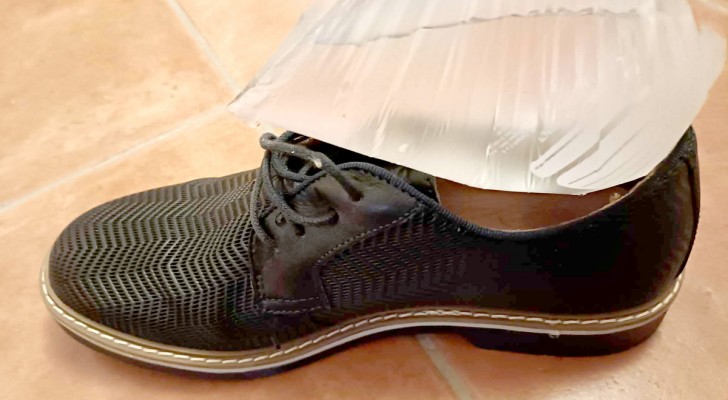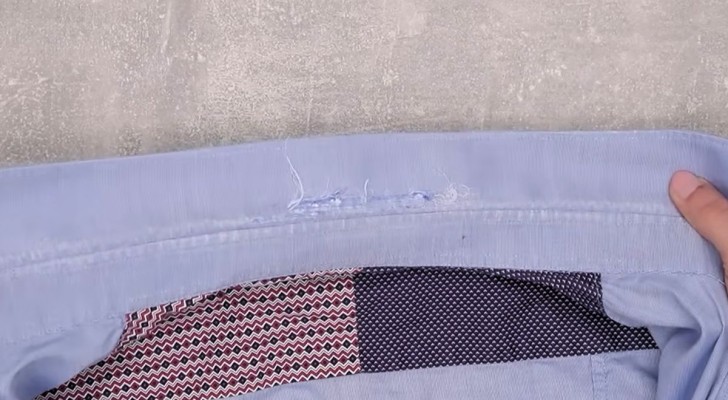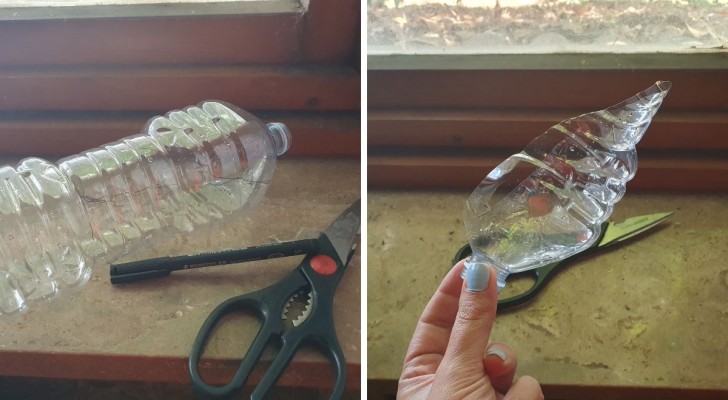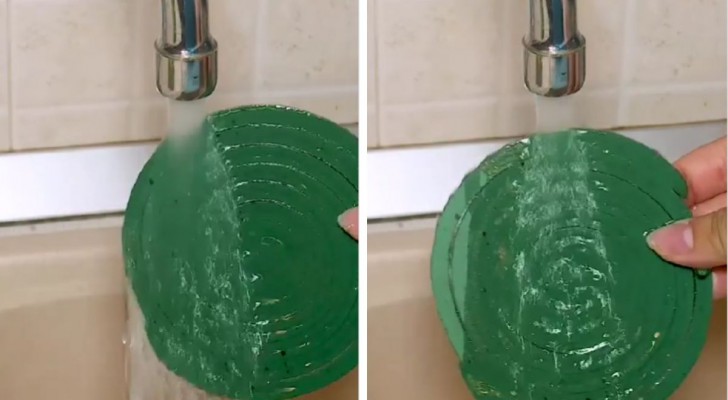Clean and shiny dish drainer in a flash? Try these remedies to get it squeaky clean
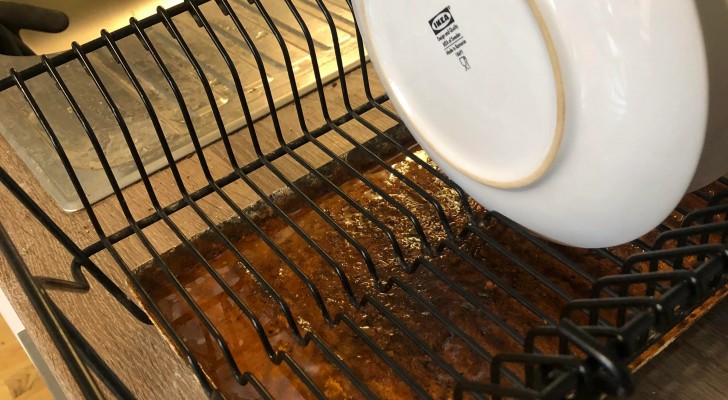
The dish drainer/dish rack is one of the most popular and used household utensils. It drys, protects and store dishes and is indispensable for many. Due to the fact that it is often in contact with water, however, it tends to become covered with limescale deposits and other dirt.
Not to mention that, being an object that absorbs moisture, it is subject to the proliferation of molds and bacteria. It is therefore necessary to clean it periodically. The cleanliness of the kitchen is at stake, but so is overall hygiene and our health.
There are a few remedies that, if used consistently, can achieve this goal. Thanks to these tips, cleaning the dish drainer can become child's play. Read on to find out more:

- White vinegar: it is well known that white vinegar has strong degreasing and descaling power. In this case, just put some on a sponge and pass it all over the dish drainer, rubbing where it is needed. Leave it on for a few minutes, rinse off and dry thoroughly. The action of the vinegar can also be enhanced by combining it with lemon juice.
- Marseille soap: Marseille soap, as well as being an incredible cleansing product, has a great scent. This, especially in an environment such as the kitchen, is a bonus. You can melt a few flakes or a few pieces in a bain-marie or in a little hot water and pass the cream thus obtained over the dish drainer, trying to remove stains and any dirt encrustations. Then, as usual, rinse off and dry.
- Yellow soap: potassium yellow soap is another natural product with a thousand uses. It is advisable to dissolve it in warm water to make a detergent to be used as a cleanser. If you use it solid, however, cut a cube and form a ball to put in a sponge which you will then rub on the surface of the dish drainer. Rinse off and dry and the dish drainer will be clean again.
- Sodium bicarbonate: bicarbonate also has excellent cleaning power and abrasive properties which are able to fight limescale. The best way to use it is to mix it with water (or, even better, with lemon juice), to make an excellent cleansing paste for descaling and dissolving limescale or any other residual grease. This remedy, in particular, can be very useful when you are dealing with a shelf dish drainer. These have a pan underneath, where the water drips and can stagnate, forming dirt deposits. The abrasive paste we mentioned is really good for cleaning the steel surface of the pans, sanitizing them and making them shine.
Which of the above remedies are you going to try?
